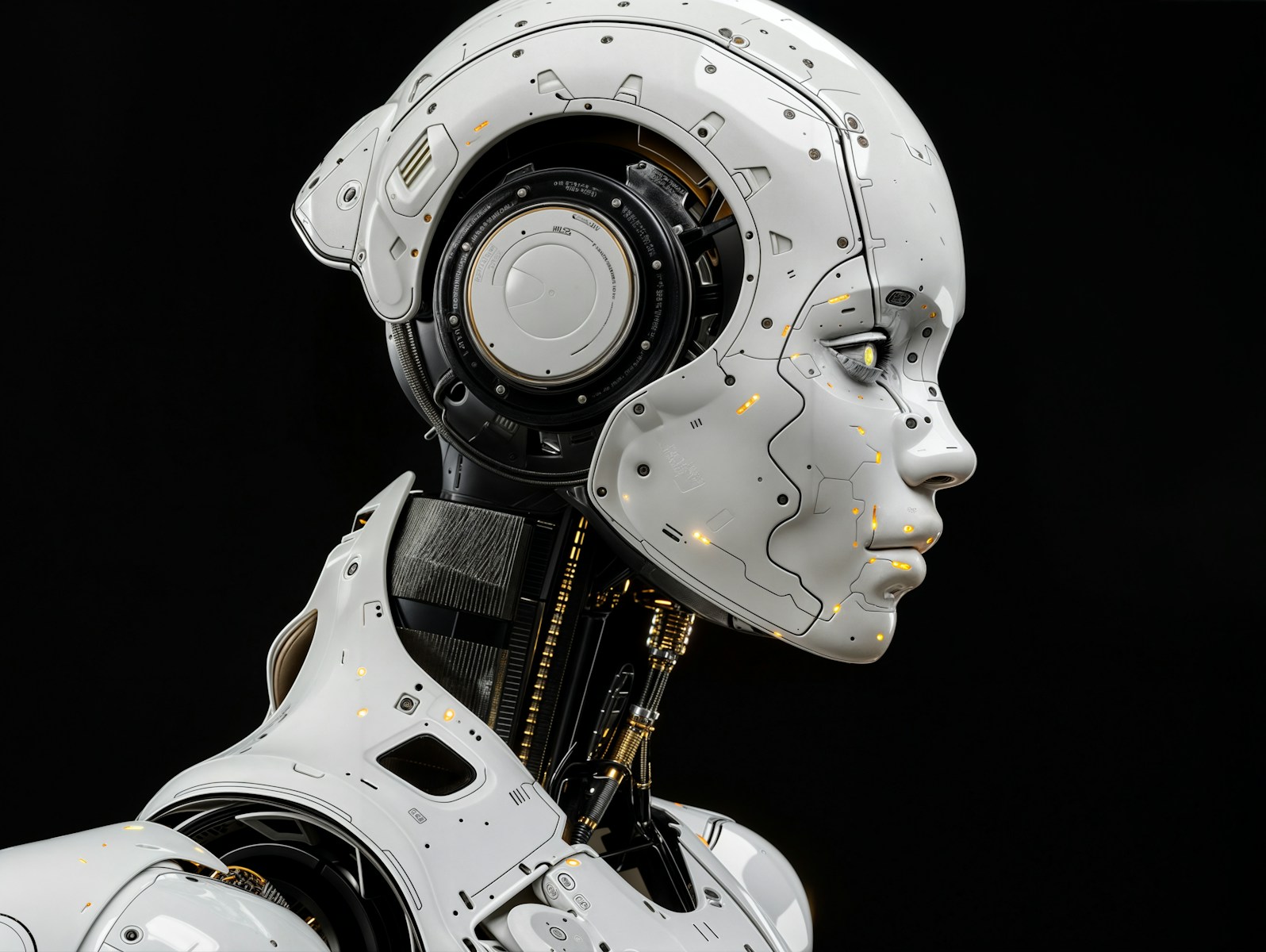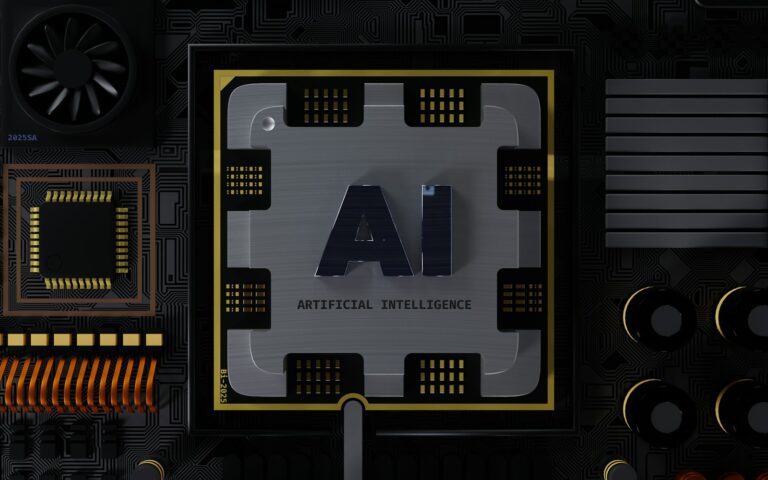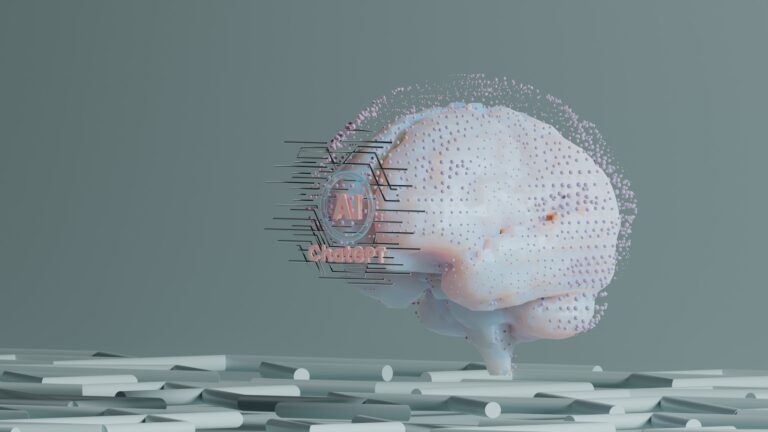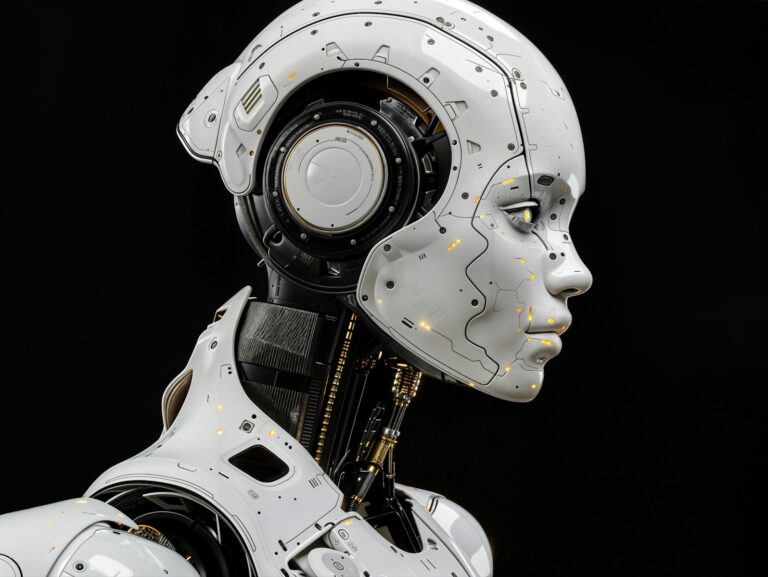
How AI is Transforming Healthcare and Medical Research
The convergence of artificial intelligence (AI) and healthcare is reshaping the way we prevent, diagnose, and treat diseases. From predictive analytics to personalized medicine, AI is paving the path for revolutionary advancements in medical research. In this article, we will explore the transformative impact of AI on healthcare, highlighting some of the most significant trends and real-world applications.
Enhancing Diagnostics with Machine Learning
One of the most exciting applications of AI in healthcare is its ability to enhance diagnostic accuracy. Machine learning algorithms analyze vast datasets, helping clinicians identify patterns that may not be visible to the human eye. For instance, AI systems can evaluate medical imaging—such as X-rays, MRIs, and CT scans—with impressive precision. A study by Stanford University demonstrated that an AI algorithm could detect pneumonia in chest X-rays better than human radiologists, marking a significant milestone in diagnostic technology.
Personalized Medicine: Tailoring Treatments to Individuals
AI is also revolutionizing personalized medicine, enabling treatments that are tailored to the individual characteristics of each patient. By collecting and analyzing genetic, environmental, and lifestyle data, AI algorithms can predict how patients will respond to specific treatments. This approach not only enhances efficacy but also minimizes side effects. For example, companies like Tempus are utilizing AI to drive precision oncology, allowing oncologists to make informed decisions based on a patient’s unique genetic makeup.
Streamlining Operations and Administrative Tasks
Beyond diagnostics and treatment, AI is streamlining various operational aspects of healthcare. Administrative tasks, such as scheduling appointments, billing, and managing patient records, can be automated through AI technologies. This not only reduces administrative burdens on healthcare providers but also allows them to focus more on patient care. The implementation of AI-powered chatbots, for instance, has proven effective in enhancing patient engagement, improving communication, and providing timely responses to inquiries.
Advancing Medical Research and Drug Discovery
AI’s role in medical research cannot be understated. Traditional methods of drug discovery are often time-consuming and costly. However, AI accelerates this process by predicting how different compounds will interact, thus identifying promising candidates more quickly. Companies like Atomwise are harnessing AI to analyze billions of compounds in a fraction of the time it would take using conventional methods. This not only speeds up drug development but also has the potential to uncover treatment options for previously hard-to-treat diseases.
Conclusion
The integration of AI in healthcare and medical research is ushering in an era of unprecedented innovation and efficiency. From diagnostics to personalized treatment and streamlined operations, AI is not just a futuristic concept but a present-day reality enhancing patient care. As technology continues to evolve, the potential for AI in healthcare is limitless, promising a healthier tomorrow for all.



